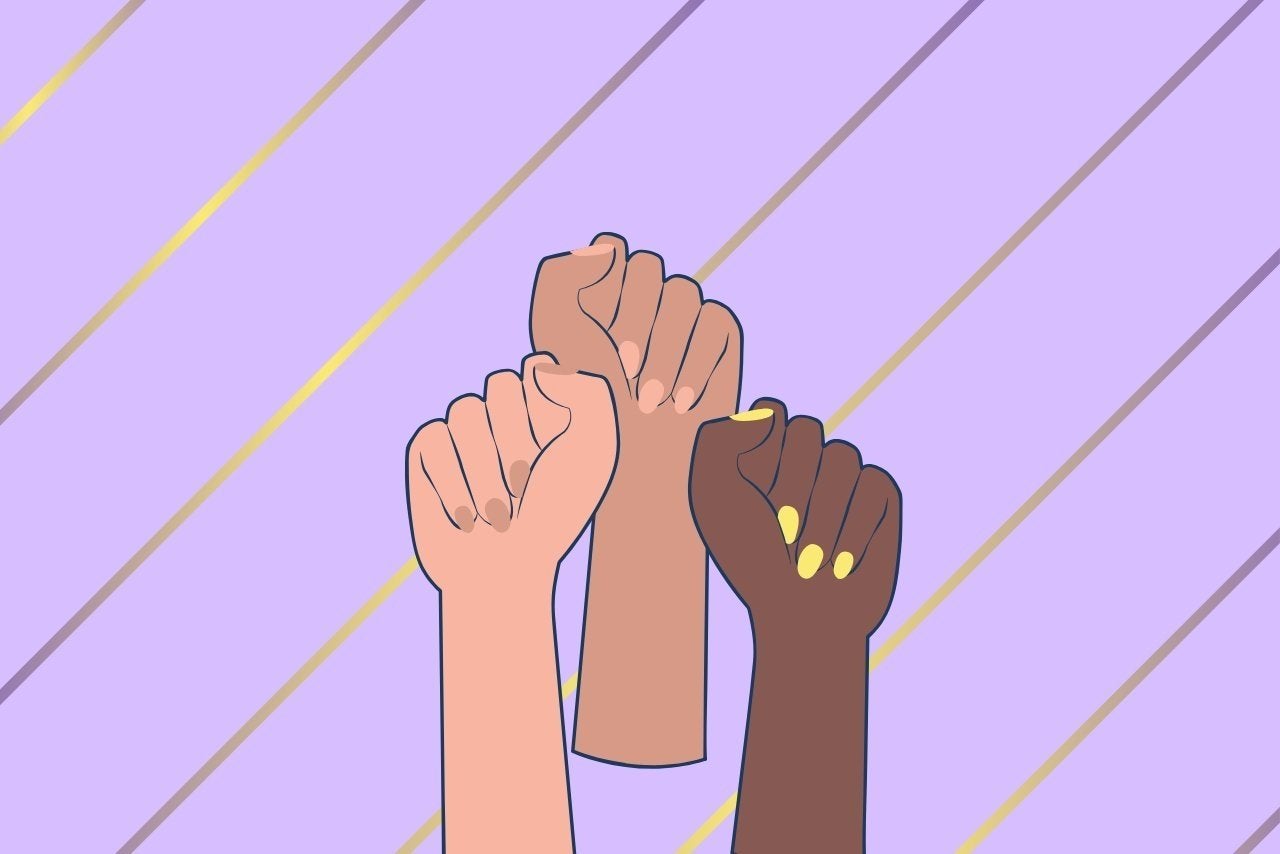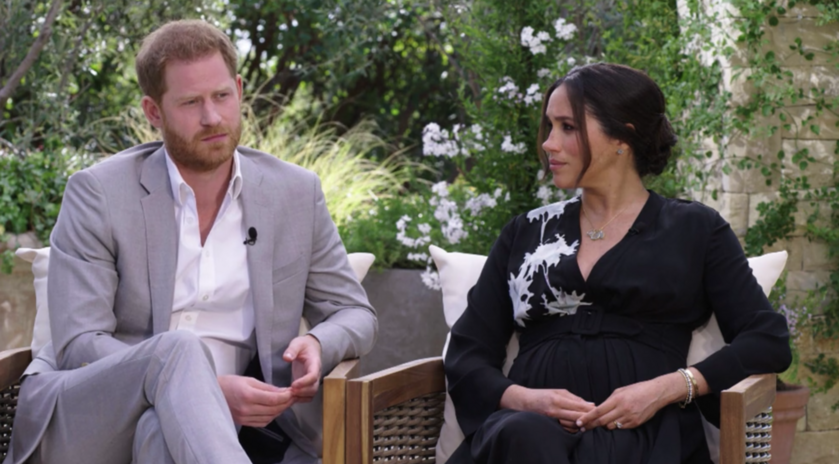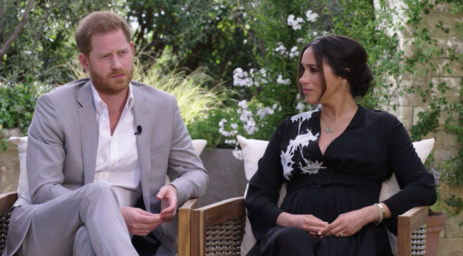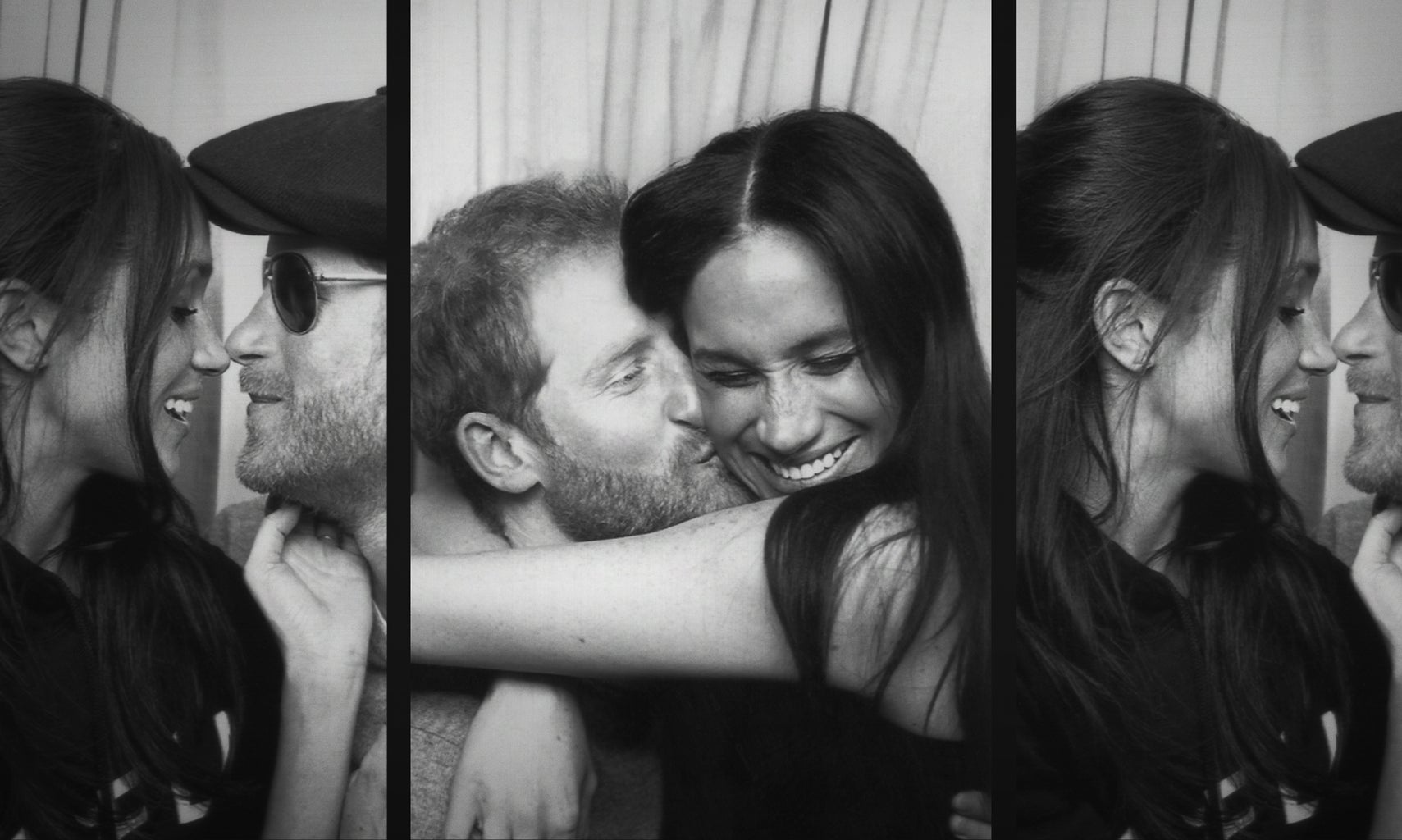In retransitioning back into the public light after stepping back as senior members of the royal family, Meghan Markle and Prince Harry have been making waves in their return to public life. A main focus of their work is invested in their non-profit organization, Archwell – working to unleash the power of compassion to drive systemic cultural change. Within their audio production company, Archwell Audio, came a podcast released in the summer of 2022, Archetypes. Hosted by Meghan Markle, throughout each of the episodes, Markle works to investigate, dissect, and subvert the labels that try to hold women back.
In the first episode, Markle dives into the double standard stereotypes women face when labeled as ambitious — a label Markle is all too familiar with, as she experienced it heavily during the early days of her relationship with Prince Harry.
Recalling her childhood, Markle explained her frustration with an Ivory Clear Dishwashing commercial targeted toward women when she was just 12 years old. The language in their advertisement outraged Markle, who protested it publicly on Nick News in 1993. A few months later, Procter & Gamble changed the phrasing of “women” to “people” in the advertisement.
“This feminist ideology trickled down into nearly every aspect of my education. It’s probably safe to say into every aspect of my life,” she explained. “This message to me and my classmates was clear: our futures as young women were limitless. Ambition? That was the whole point!”
That ambition Markle had always had had never been a label she saw in a negative light until she began her relationship with Prince Harry. “I don’t remember ever personally feeling the negative connotation behind the word ‘ambitious’ until I started dating my now-husband,” she said, explaining that “…since I’ve felt the negativity behind it, it’s really hard to un-feel it. I can’t unsee it, either, in the millions of girls and women who make themselves smaller — so much smaller — on a regular basis”.
Then, introducing her first guest, Serena Williams, as “someone who embodies the spirit of ambition,” the two women hold an open discussion on the negative light ambitious women in society are painted in.

Following the opening episode, Markle features celebrities such as Williams facing inhibiting archetypes like Mariah Carey, Mindy Kaling, Paris Hilton (breaking down the labels of diva, single women, and bimbos), and more. Not only are celebrities and other large-scale public figures featured but also young students share their stories of the sexism they’ve faced. The final installment of the first season features three men — Andy Cohen, Trevor Noah, and Judd Apatow — to discuss stereotypes inhibiting women and to expand that conversation even further. Markle explained that: “If we really want to shift how we think about gender and the limiting labels that we separate people into, then we have to broaden the conversation… and we have to actively include men in that conversation and certainly in that effort.” Therefore, the duchess “enlisted some very thoughtful men in the effort. Men who’ve been behind some of the most successful movies and TV shows, but also, who are part of cultural conversation in such an impactful way through their roles in media, and also, for some of them, their roles as husbands and dads.” Markle asks the question of how society can work together to break down these archetypes of women and create a better world based on equality.
In concluding the 12-episode series, Markle explains how in the aftermath of all of these thought-provoking conversations, through using her voice, “I felt seen. And so much of the feedback throughout the season from women is that they feel seen as well. As we heard today, that men see our experience differently now, too. They see us. They see us more clearly.”
Archetypes explains the way in which humans historically have created and cultivated the narratives that have come to be negative connotations implicated on women today — even when many of them did not start that way. These open discussions being held are the first step in contributing to the restructuring of narratives that marginalize women and prevent them from thriving in modern society.
Can’t get enough of HC UMass Amherst? Be sure to follow us on Instagram, listen to us on Spotify, like us on Facebook, and read our latest Tweets!



